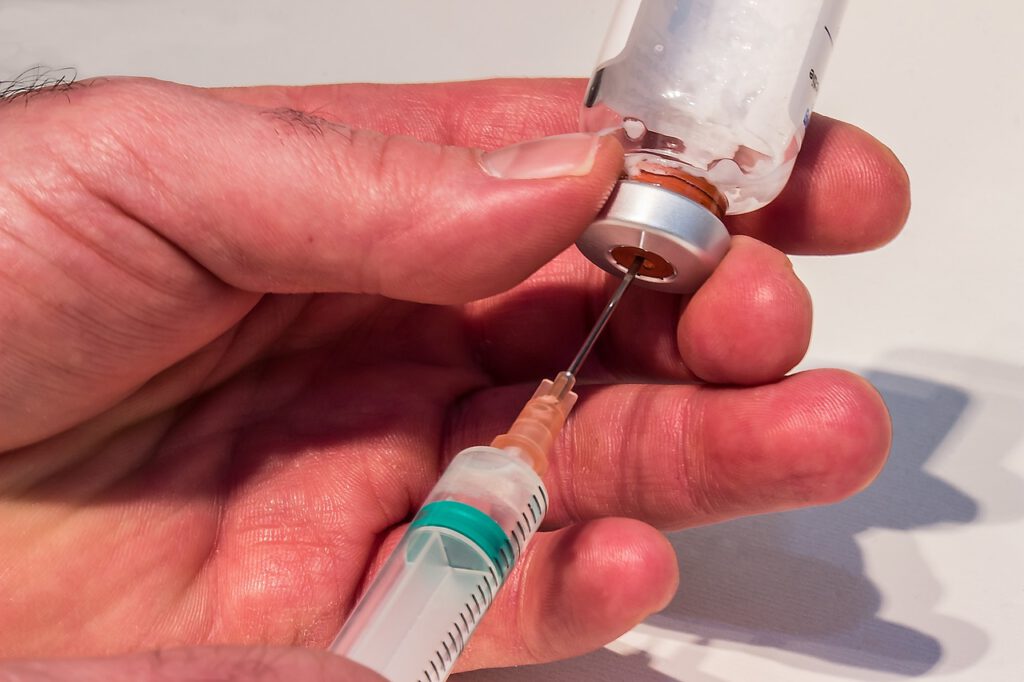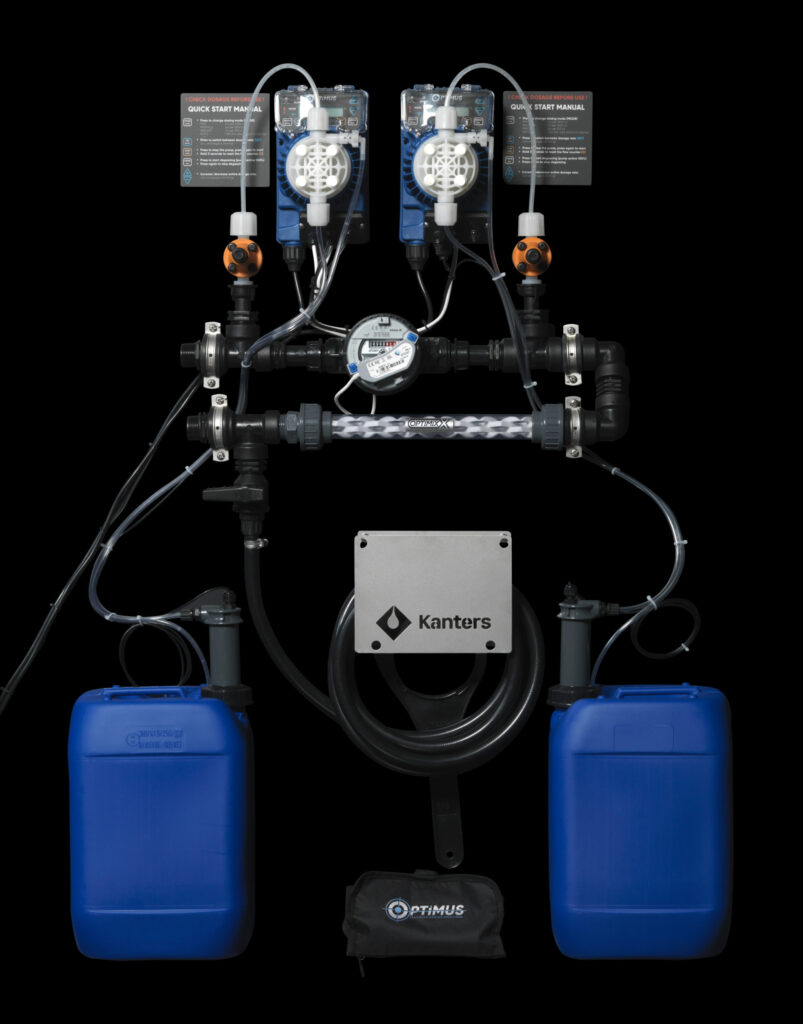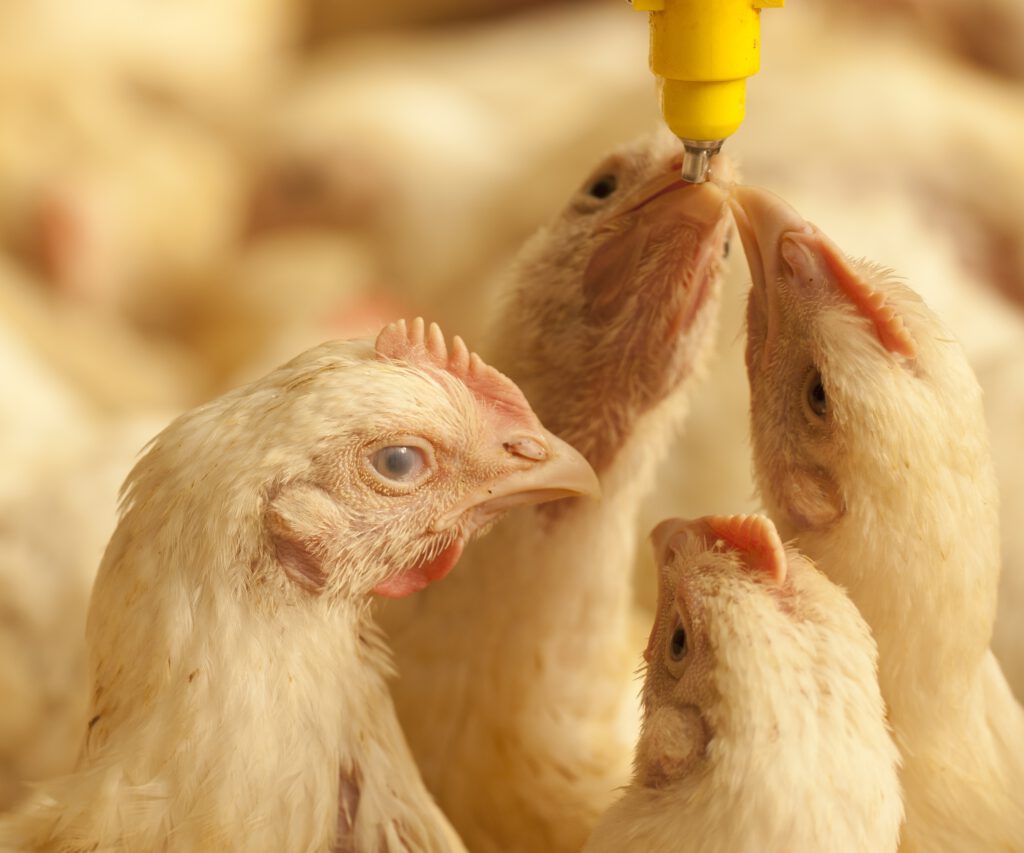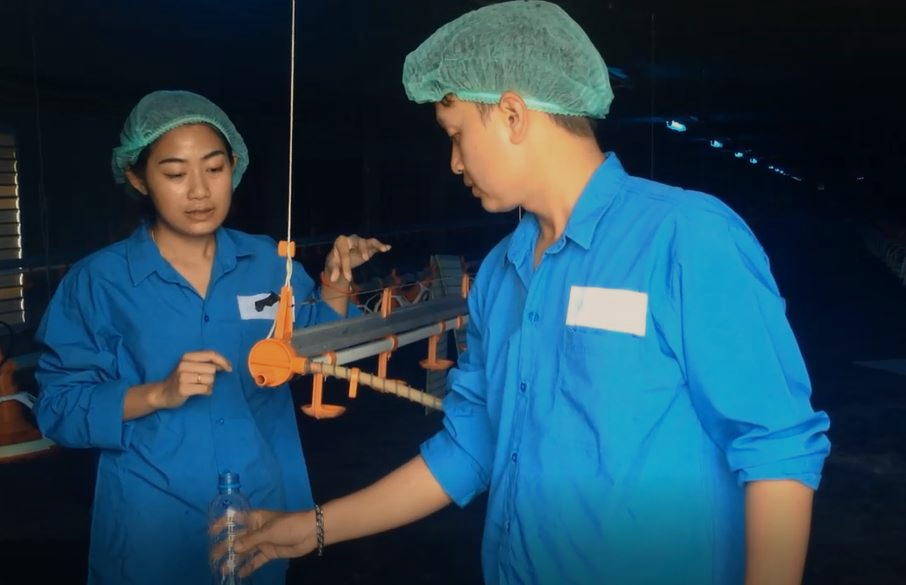Minerals, trace elements and cows
Not much is written about suckler cows and why trace elements are so important is also a subject which is rarely found in specialist literature. If you are interested in what Kanters can do for suckler cows and if you want to know more about the importance of trace elements, please read on.
Suckler cows
Keeping suckler cows is a profession in itself. They are beautiful robust animals. The aim is to breed beautiful chequered calves that can grow into well conformed cattle that are not too fat. A lot of capital goes into that. Failure is therefore costly. Health is a must.
Suckling cows that are too fat have more difficulty in coming into heat. It is therefore important to keep the ration balanced and not too concentrated. That is why suckler cows are fed little or no concentrate. This also heralds a problem. Suckler cows also need more minerals and trace elements than can be found in a ration without concentrate. After all, these are the very elements that support fertility and health.
Nutriforte® Top Lac
Liquid minerals, provided through the drinking water, give the cattle the minerals in a unique way. Where concentrates easily bring in too much energy and dry minerals are difficult to mix into a suckler cow’s diet, the cows take in the much-needed minerals and trace elements at the same time with the water. The fact that the trace elements and minerals are dissolved ensures excellent bioavailability.
Magnesium and trace elements in Nutriforte Top Lac
Magnesium: A deficiency is measurable in milk production. Magnesium also plays a role in the Vitamin D metabolism and thus a role in the calcium balance. Like calcium, magnesium plays a role in the conduction of stimuli for the control of muscles. Magnesium influences the activity of over 300 enzymes involved in metabolism! The dissolved form in which Kanters offers magnesium makes it very easy to absorb.
Manganese: Important for the proper functioning of the sexual organs, therefore important for good fertility.
Zinc: Is an important part of the immune system and in healing inflammations. Zinc also plays a key role in the formation of the keratin stop. This is important during dry-off periods and between lactations to keep mastitis-causing bacteria out. It is therefore important for good health.
Copper: Is the active ingredient of many enzymes. Copper is an antioxidant and thus protects tissue and organs against free radicals that damage tissue and organs. There is little copper in colostrum and milk. The calf must therefore get a supply from its mother in its liver. So copper is also important for good health.
Iodine: Is essential for a good metabolism. It is therefore important for the calf’s growth inside and outside the cow. The requirement increases when a lot of clover is fed.
Cobalt: Sufficient cobalt is required for a properly functioning rumen. Anaerobic rumen bacteria need cobalt for growth and multiplication. These rumen bacteria produce an essential form of vitamin B12 for the ruminant. Vitamin B12 is important for the formation of glucose in the liver and thus for the energy balance in the cow.
Selenium: is an essential component of an important enzyme (Glutathione Peroxidase;GSH-Px). GSH-Px is an enzyme that defuses harmful free radicals. This is extremely important for healthy egg cells, and thus essential for good fertility. A selenium deficiency in the mother can cause goitre (swollen thyroid gland) in the calf. In short, selenium is important for health and fertility.
Much more can be said about it, but this is a summary of why a good supply of minerals and trace elements is so important for suckler cows and dairy cows. For more information please contact your local account manager.



